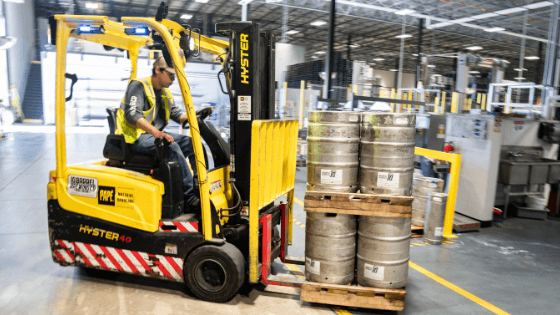
Anyone who has suffered an injury at work, can attest to the fact that this usually involves a period of time off work for recovery of the injury. Immediately following the injury, it is often the case that a period of total unfitness for pre-injury duties is certified by the treating doctor. However, at some point following this period, you may find that your doctor will certify you partially fit for duties or for modified duties. What tasks you are capable of performing (or not) and over what period of time (working hours) is referred to as ‘work capacity’.
It is a term that is designed to assist in assessing a worker’s future expectations in regards to hours, type and duration of suitable work he or she can perform. It is often used in relation to a certificate of capacity form which is required when applying for, and continuing to receive weekly compensation payments, and managing a Worker’s Compensation claim.
However, insurance companies and their legal representatives often take a very narrow view of work capacity. Some may simply question whether an individual can do “some work” with the specifics of what that work looks like being overlooked. For example, if you work in a factory, they may assess that you have work capacity because you can return to the business and assist in the office.
However, there is far more to work capacity than that, and today we want to give you a broader understanding of the ins and outs, as well as the crucial points you need to be aware of.
Vocational rehabilitation providers can make it their goal to have you undertake any form of work simply to be able to illustrate general work capacity, rather than an assessment of the impact of the injury on your existing capacity. This can be unwise as it fails to take into account other, more important factors.
With Yacoub and Arnott’s broader definition, we include the ability to sell your labour on the open labour market and try to obtain as much of a redemption of your future wages as a lump sum settlement as possible. An insurer indicating that you have work capacity because you can do task ’X’ is not entirely accurate if prior to the injury your work capacity was task ‘X’ as well as task ‘Y’. Work capacity is a sliding scale rather than a yes or no answer.
Our top piece of advice is to obtain a report from a vocational rehabilitation professional that looks at your past history and skills, the jobs that are available within your area and surrounds, and whether you have a real work capacity as opposed to a functional work capacity. This will ensure that not only are you being assessed for being able to perform tasks, but for the capacity to be at the level that you were at prior to the injury.
There are several other things you can do that will assist in this area including:
- Understand the different factors that affect work capacity
- Actively participate in return to work programs and rehabilitation
- Communicate effectively with your health care providers and insurance providers
- Enlist professional advice – Peninsula Personal Injury Lawyers specialises in Workers’ Compensation claims and offer a free initial consultation
If you are involved in a Workers’ Compensation claim now or in the future, Work Capacity is a term you are definitely going to come across. By being aware of the intricacies involved you will ensure you protect yourself and make sure you get the best outcome at the end of the claims process.





